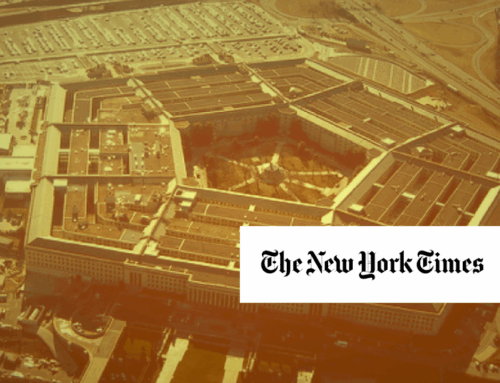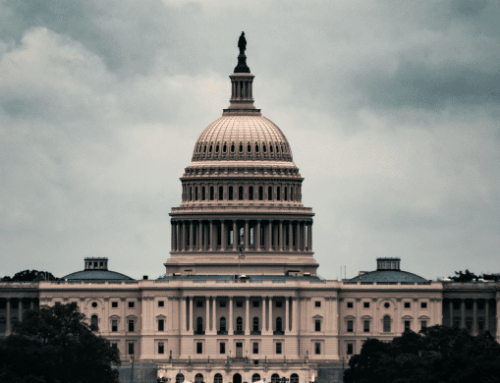Secretary Rumsfeld:
Several months into your bottom-up review of the current status of national security, you have likely reached the point where key decisions on the future of U.S. security have to be made. Taxpayers for Common Sense respectfully urges you to retain the four key criteria in determining budgetary decisions and deployment of a national missile defense system. The four criteria, cost, technical readiness, threat and the impact on national security, are common sense guidelines that should be met before entrusting the nation to any new technology.
Cost: While the make-up of the missile defense system the current administration is considering remains unknown, one thing is certain – the system will cost far more than anticipated. Every missile defense system attempted since the 1940s has cost far more than originally expected and proposed. From 1957 to 1999 more than $121.9 billion has been spent attempting to develop a national missile defense shield. The so-called Clinton plan started out with a price tag of $10 billion in 1999. By the next year, the Ballistic Missile Defense Organization (BMDO) estimated the cost at over $30 billion. Even smaller systems like the Army’s Theater High Altitude Area Defense (THAAD) and the Navy’s Area Wide, have all cost far more than anticipated.
Technical Readiness: The United States has been pursuing missile defense capability since the 1940s yet no system has ever worked in the way the taxpayers were promised. As you know, missile defense capabilities are extremely difficult technologies. While we may have gained some knowledge over the last six decades, offensive missile capabilities have advanced by leaps and bounds, making defensive systems that much more complex. Retired General Larry Welch last year warned of a “rush to failure” in the development of U.S. missile defense programs. Compressed testing and development schedules have left us with technology as yet unproven. Missile defense technology has not demonstrated operational effectiveness – a rigorous requirement that taxpayers are right to expect.
Threat: The geopolitical environment is constantly in flux. One example of this is demonstrated by North Korea’s surprising entrée into the international arena. The capabilities of foreign nations have both a positive and a negative impact on U.S. policy. Diplomatic, political and economic tools should play an equal if not greater role than any military technology and should always be the first line of defense. While ballistic missiles are a threat to any nation,
asymmetrical threats and terrorism are far more likely in today’s world and no missile defense system in the world can stop them.
Implications for U.S. Security: A U.S. decision to deploy a national missile defense system affects far more than just domestic policy – it will have an impact on the entire world. Being the world leader economically, technologically and militarily, brings with it a responsibility to recognize that each thing we do has the possibility to set in motion events far beyond our intentions. A decision to deploy a missile defense system has implications the world over, influencing other nations and altering the course of arms control and international relations. It is not a decision that can be made in a vacuum.
While any future missile defense system remains an unknown, each of these criteria have vital implications for U.S. national security and taxpayers regardless of design. No system is immune to these common sense principles. TCS urges you to evaluate any budgetary and deployment decisions for missile defense against these critical measures.
Sincerely,
Alise Valene Frye
Director, National Security Project
Cc: President George W. Bush
Secretary of State Colin Powell
National Security Advisor Condoleezza Rice
Senator John Warner
Senator Carl Levin
Representative Bob Stump
Representative Ike Skelton










